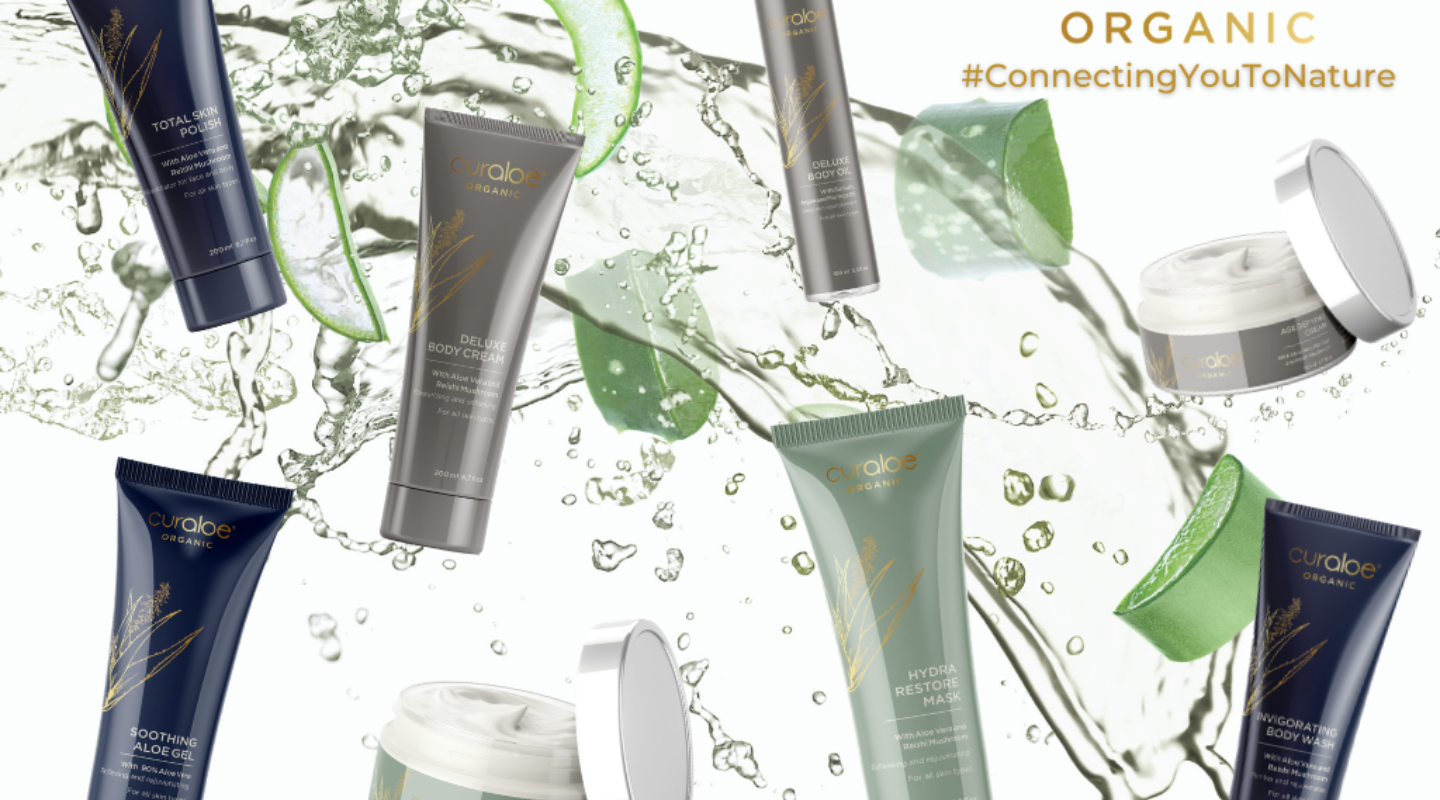
Why Dermatologists Recommend Aloe Vera for Oily Skin
Reading time: 4 min 8 sec
Oily skin and acne are two of the most common skincare issues that people face daily. They can lead to a host of problems, including blemishes, discomfort, and a significant impact on self-esteem. Many find themselves in a constant battle to manage the shine, prevent breakouts, and maintain a clear complexion.
While there are numerous treatments available, ranging from over-the-counter cleansers to prescription medications, they often come with a host of side effects. Some can leave the skin feeling dry and irritated, while others may not be suitable for long-term use. This leaves many in a frustrating cycle of trial and error, searching for a solution that provides relief without causing additional problems.
Say hello to Aloe Vera, a natural remedy that has been used for centuries to treat a variety of skin conditions. Dermatologists around the world are now recognising the benefits of this miraculous plant, especially when it comes to treating acne and managing oily skin.
In this article, we will delve deep into why Aloe Vera is a top recommendation by skincare professionals and how it can transform your skincare routine.
Understanding Acne and Oily Skin
The Causes of Acne and Oily Skin
Excess Oil Production
Oily skin occurs when the sebaceous glands in the skin produce too much sebum, a natural oil that helps to keep the skin hydrated. While sebum is necessary for skin health, an excess can lead to clogged pores, resulting in acne and pimples.
Hormones and Genetics
Hormonal fluctuations, particularly during adolescence, pregnancy, and certain phases of the menstrual cycle, can trigger an increase in oil production. Genetics also play a role, as oily skin and acne can run in families.
Environmental Factors and Lifestyle Choices
External factors such as humidity, pollution, and the use of certain skincare and makeup products can contribute to oily skin and acne. Additionally, lifestyle choices such as diet and stress levels can also have an impact.
Common Treatments for Acne and Oily Skin
Over-the-Counter and Prescription Medications
There are a variety of treatments available for oily skin and acne, ranging from topical creams and gels to oral medications. These can be effective in managing symptoms but may come with side effects.
The Importance of a Proper Skincare Routine
Maintaining a consistent skincare routine, including regular cleansing, exfoliating, and moisturising, is crucial in managing oily skin and preventing acne.
Limitations and Side Effects
While many treatments can be effective, they may not be suitable for long-term use, and some can cause dryness, irritation, and other side effects.
The Healing Properties of Aloe Vera
Composition of Aloe Vera
Vitamins, Minerals, and Antioxidants
Aloe Vera is packed with a variety of nutrients, including vitamins A, C, and E, minerals such as zinc and selenium, and antioxidants. These components work together to nourish, heal, and protect the skin.
Targeting Oily Skin and Acne
The nutrients in Aloe Vera help to soothe inflammation, reduce redness, and combat bacteria, making it an effective treatment for oily skin and acne.
Aloe Vera’s Anti-Inflammatory and Antimicrobial Effects
Reducing Inflammation and Redness
Aloe Vera has potent anti-inflammatory properties, helping to calm irritated skin and reduce redness and swelling associated with acne, providing much-needed relief and promoting healing.
Combating Acne-Causing Bacteria
The plant also has antimicrobial properties, which help to fight off the acne-causing bacteria that can lead to future breakouts.
Aloe Vera for Oil Control
Balancing Oil Production
Aloe Vera helps to regulate sebum production, ensuring that the skin stays hydrated without becoming overly oily.
Preventing Clogged Pores
By keeping the skin balanced and free from excess oil, Aloe Vera helps to prevent the clogged pores that can lead to acne. Aloe Vera also has astringent properties, which help to tighten pores and provide a matte finish to the skin.
Why Dermatologists Recommend Aloe Vera
Safety and Suitability for All Skin Types
Aloe Vera is gentle and safe for most skin types, including sensitive skin. Its gentle nature makes it an excellent choice for a wide range of skincare concerns, especially for those with oily and acne-prone skin.
The Versatility of Aloe Vera in Skincare
Aloe Vera can be found in a variety of skincare products, from cleansers and toners to moisturisers and masks. Curaloe offers a range of skincare products that harness the power of Aloe Vera to treat oily skin and acne, providing options for those looking to incorporate this natural remedy into their current skincare routine.
Supporting Research and Studies
Numerous scientific studies and research have backed the benefits of Aloe Vera for acne and oily skin. Dermatologists and skincare experts around the world recommend Aloe Vera for its healing properties and its ability to manage oily skin and prevent acne, highlighting its effectiveness in reducing inflammation, fighting bacteria, and balancing oil production.
How to Use Aloe Vera for Maximum Benefits
Choosing the Right Aloe Vera Products
When purchasing Aloe Vera skincare products, it is important to look for products that contain pure Aloe Vera gel or extract. Curaloe offers a range of products that are formulated with high-quality Aloe Vera, which is perfect for soothing oily and acne-prone skin, ensuring that you receive the maximum benefits for your skin.
When to See a Dermatologist
While Aloe Vera can be a powerful tool in managing oily skin and preventing acne, it is important to consult with a dermatologist if you are experiencing severe acne or if your skin is not responding to over-the-counter treatments. A dermatologist can provide a comprehensive skincare plan and recommend products that are suited to your skin type.
Conclusion
Aloe Vera is a versatile and powerful natural remedy that offers numerous benefits for oily skin and acne. Its anti-inflammatory, antimicrobial, and oil-balancing properties make it a top choice for dermatologists and skincare experts. By incorporating Aloe Vera into your skincare routine, you can manage oily skin, prevent acne, and achieve a healthy, radiant complexion. Try Curaloe’s range of Aloe Vera skincare products today and experience the benefits for yourself. Remember to consult with a dermatologist for a personalised skincare plan and to address any severe skin issues. Share your experiences with Aloe Vera with us, and feel free to ask any questions. Let’s embark on a journey to clearer, healthier skin together!



Leave a comment
This site is protected by hCaptcha and the hCaptcha Privacy Policy and Terms of Service apply.